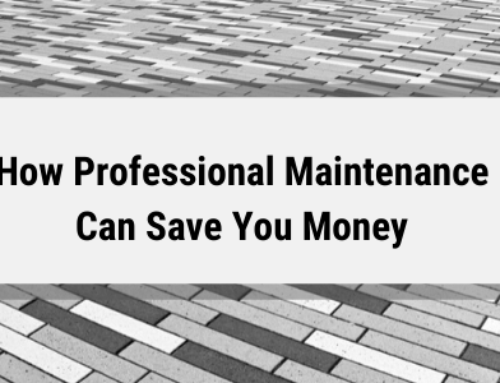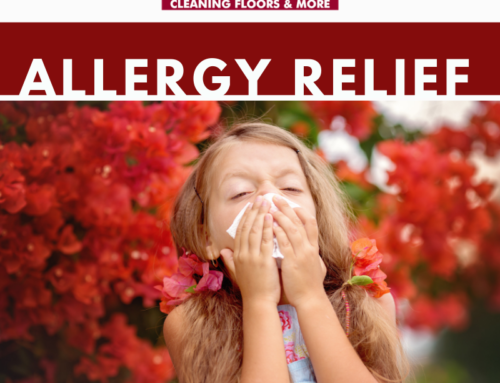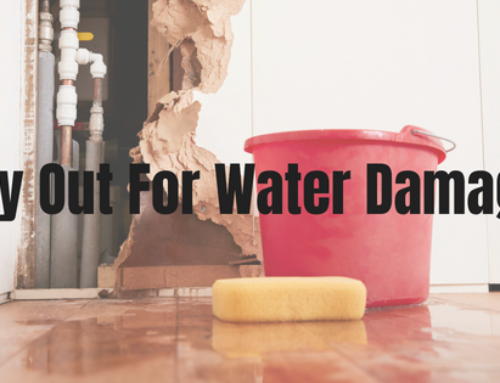Have you noticed your allergies acting up more when you’re at home than outside? This can be contributed to a lot of different things but one thing to consider is that mold could be growing in your home. Common allergic reactions to mold include sneezing, sore eyes and a runny nose or nasal congestion. The symptoms of mold allergy vary depending on how long you have been exposed to certain molds. There a many different types of mold, some that you can see and some that you cannot. Sometimes you can smell a moldy smell in your house that will clue you in that you may have mold but sometimes you won’t smell anything at all. Don’t ignore the odor if it’s there, even if you can’t see anything. A professional mold inspection can find things that you wouldn’t have normally looked for.
If you’ve had any kind of water leak or long term moisture problem in your house, you’re more likely to have a mold issue. It’s common knowledge that mold likes to grow in damp places so it’s safe to assume if something like this were to happen in your household, that mold would be inevitably invited to grow in the damp spots. Also if leaking sinks or broken pipes will create a source for mold to grow even after a repair has been made. If you see a lot of condensation in your home on your windows or glass, it’s a sign you have a large amount of moisture. If you see rusting pipes, this is also another sign of moisture or condensation. Mold will grow where the condensation builds up over time. Moisture in your home is usually caused by a high level of humidity. Purchasing a dehumidifier will potentially stop any mold from growing back once it’s been cleaned out.
Serious health conditions could develop in your exposed to mold long enough and is often misdiagnosed. Your house could be potentially poisoning you with toxic mold. It’s best to see a professional for a mold test to ensure accuracy. If you fear you have a mold allergy, go see an allergist for a proper diagnosis. If you are living in a home that tests positive for toxic mold, it needs to be taken care of immediately. If the homes a rental, the landlord has a responsibility to provide some kind of assistance while fixing the mold issue. Mold can turn into a serious issue if it goes on long enough!






There had been broken pipes in the outdoor kitchen we barely use now, and I only discovered it too late when I noticed the green spots growing on our exterior walls at the back of our house. Thanks for explaining to us that mold will grow where condensation and moisture build up over time in your home, so it’s best to stop them from growing back once they’ve been cleaned out. I’ll be sure to contact a mold removal service right away and have them take care of the issue.
My husband and I have noticed a moldy smell in our basement for the past couple of days, but we haven’t found any mold. Thanks for pointing out how professional inspectors can find signs of mold you wouldn’t find yourself. We’ll hire a mold inspection service this week to check out our house and find the source of the smell.
I noticed last week that there’s a damp spot in my basement and I’m worried that that means there’s mold. Thanks for mentioning that a professional can spot signs of mold that you wouldn’t be able to. I’ll have to call a professional this week to get that inspected.
I appreciate your warning when you informed us that mold is inevitably invited to grow where there is moisture, so leaking sinks or broken pipes can become their source as long as there is a large amount of moisture. I’m worried about possible mold growth in my kitchen recently since I had a pipe issue last week and my kitchen has been smelling musty since yesterday. I’ll keep this in mind while I look for a mold removal company to hire soon.
Great post! Mold in homes can be a serious issue with potential health risks. It’s crucial to be aware of the signs of mold, such as a musty odor, visible discoloration, or the presence of moisture. Identifying and addressing mold problems early on can help prevent further damage and protect the well-being of occupants. Regular inspections and maintaining proper ventilation and moisture control are essential for a mold-free home environment.